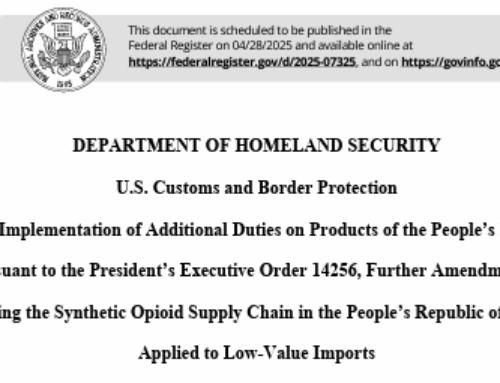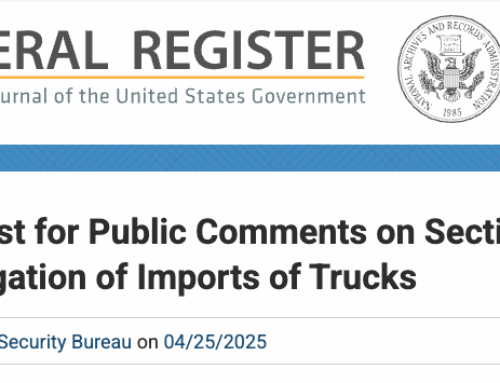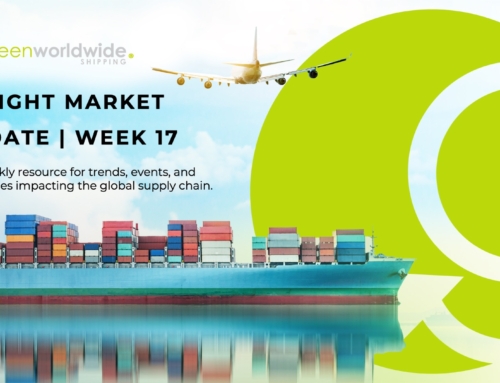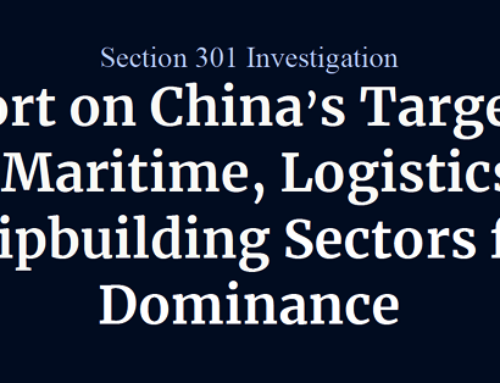Labor negotiations across North American ports are facing critical challenges, with disputes over automation on the U.S. East Coast and government-mandated arbitration in Canada sparking intense resistance among longshore unions. Both the International Longshoremen’s Association (ILA) in the U.S. and the International Longshore and Warehouse Union (ILWU) Local 514 in Canada are engaged in standoffs with their respective employers and, in Canada’s case, the federal government.
U.S. EAST COAST: AUTOMATION SPARKS BREAKDOWN IN CONTRACT TALKS
Negotiations between the ILA and the United States Maritime Alliance (USMX), representing maritime employers on the East and Gulf Coasts, have reached a standstill. Talks were abruptly halted after USMX proposed introducing semi-automated equipment at ILA-controlled ports, including technology already in use at certain terminals in New Jersey and Virginia. The ILA, representing approximately 85,000 dockworkers, contends that automation would eliminate jobs and has strongly opposed any language in the master contract that would permit future automation measures.
The ILA argues that allowing additional automation will push the industry backward in terms of labor rights, while USMX maintains that automation is necessary to keep pace with international trade needs. While both parties expressed a desire to resume talks, no timeline has been provided, and recent strikes and temporary contract extensions suggest that further actions could occur if negotiations continue to falter.
CANADA: LEGAL BATTLE OVER GOVERNMENT-IMPOSED ARBITRATION
On Canada’s West Coast, ILWU Local 514 is preparing a legal challenge against a government order mandating binding arbitration and the immediate return to work after prolonged port shutdowns. The directive, issued by Canadian Labor Minister Steve MacKinnon, aimed to resolve contract disputes between Local 514 and the British Columbia Maritime Employers Association (BCMEA) after a two-week closure of Vancouver and Prince Rupert ports.
The ILWU has signaled its intent to file a “charter challenge,” questioning the Canada Industrial Relations Board’s (CIRB) authority to enforce such measures. The union contends that the government’s intervention gives employers an unfair advantage, while the BCMEA maintains that resuming operations is critical to stabilizing the national supply chain. Currently, port operations in British Columbia are scheduled to resume, but the ILWU’s legal challenge may prolong labor actions.
IMPLICATIONS FOR NORTH AMERICAN MARITIME LABOR RELATIONS
The current disputes over automation and government-mandated arbitration represent significant developments in North American maritime labor relations. In the U.S., the ILA’s stance on automation reflects ongoing union concerns about technology’s role in changing traditional job structures. While the ILA has accepted limited automation in the past, it continues to advocate for job protection measures.
In Canada, the ILWU’s legal case may shape the scope of government intervention in labor matters, particularly in essential industries. If the court supports the ILWU’s position, it could influence future limits on mandatory arbitration in similar contexts.
Stay up-to-date on freight news with Green’s Weekly Freight Market Update by following us on LinkedIn. For continuous updates, make sure to check out our website at greenworldwide.com.






